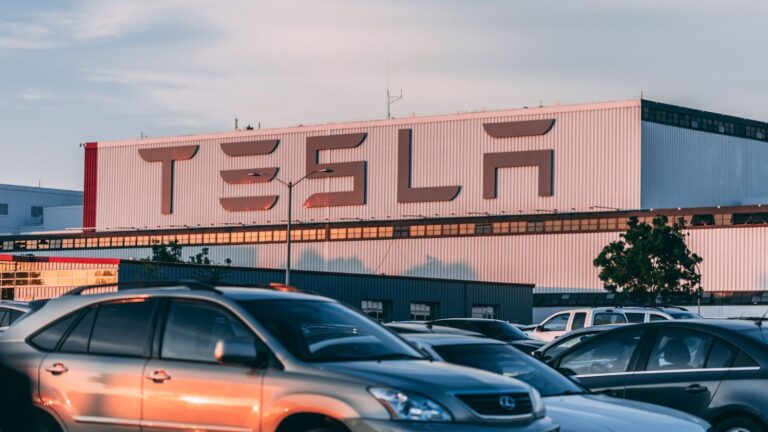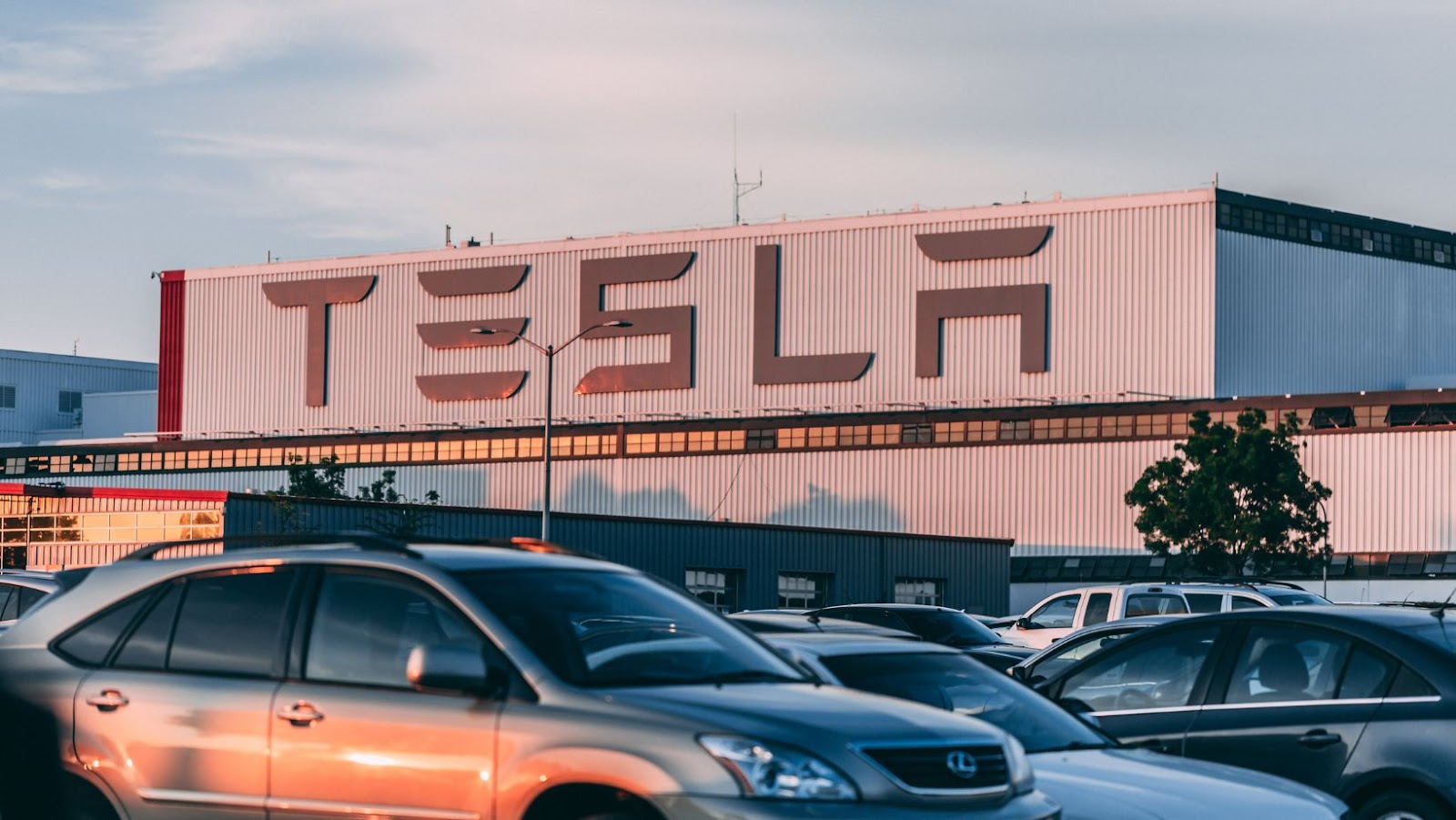Tesla is under pressure from the National Highway Traffic Safety Administration (NHTSA) regarding their Full Self-Driving Beta Non-Disclosure Agreement (NDA) and ‘stealth recall.’ This comes after recent reports that some Tesla owners were encouraged not to discuss their problems with their vehicles.
The NHTSA has issued a letter to Tesla, demanding that it provide details about such an agreement and potential ‘recall.’ In this article, we will provide an overview of the current situation and examine the potential implications of NHTSA’s actions.
Tesla’s Full Self-Driving Beta NDA
Tesla, Inc., founded in 2003 by Elon Musk, has been at the forefront of the electric car and driverless technology revolutions. The company’s latest offering, Full Self-Driving (FSD) Beta, promises to dramatically transform the way many people go about their daily lives. It combines advanced sensors and machine learning software to provide drivers with an improved driving experience.
However, not everyone is thrilled with FSD Beta. Since its launch in October 2020, Tesla has received criticism from the National Highway Traffic Safety Administration (NHTSA) over its non-disclosure agreement (NDA), which requires users to agree not to share detailed information on how FSD Beta works. This includes restrictions on publishing pictures or videos online that show screens or reveal sensor configuration details.
The NHTSA has argued that Tesla should release this information – including accuracy levels and system performance – so that researchers and regulators can assess safety risks before allowing it to be used on public roads with other vehicles. By not doing so, critics say Tesla is lacking transparency concerning a technology that could be potentially dangerous if not implemented properly. This lack of visibility has spurred fears of what some are calling a “stealth recall,” as any potential faults would remain hidden until they manifest into an issue on the road.
NHTSA’s Pressure on Tesla
In December 2020, the National Highway Traffic Safety Administration (NHTSA) issued a public letter to Tesla objecting to certain elements of Tesla’s Full Self-Driving (FSD) Beta release. The NHTSA took issue with the non-disclosure agreement that requires FSD customers to adhere to confidentiality regarding their experiences. This limitation of dissemination of crash-related information contradicts the NHTSA’s Crashworthiness Data System designed to ensure unrestricted reporting and analysis of motor vehicle crashes throughout the United States.
In addition, the NHTSA expressed concern over an alleged “Stealth Recall” in which Tesla failures and data relating to such failures are not being shared with safety regulators as part of format recalls. The Stealth Recall is concerning, as it prevents regulators from conducting important investigations into state issues and keeping track on improvements that may be made by auto makers regarding vehicle safety and other issues.
The agency is asking for more information from Tesla in order to verify that all safety-related incidents are being reported promptly and accurately, in order for them to address any potential safety hazards. These demands come in a bid for greater transparency from Tesla’s self–driving vehicles as they move away from a traditional regulatory process.
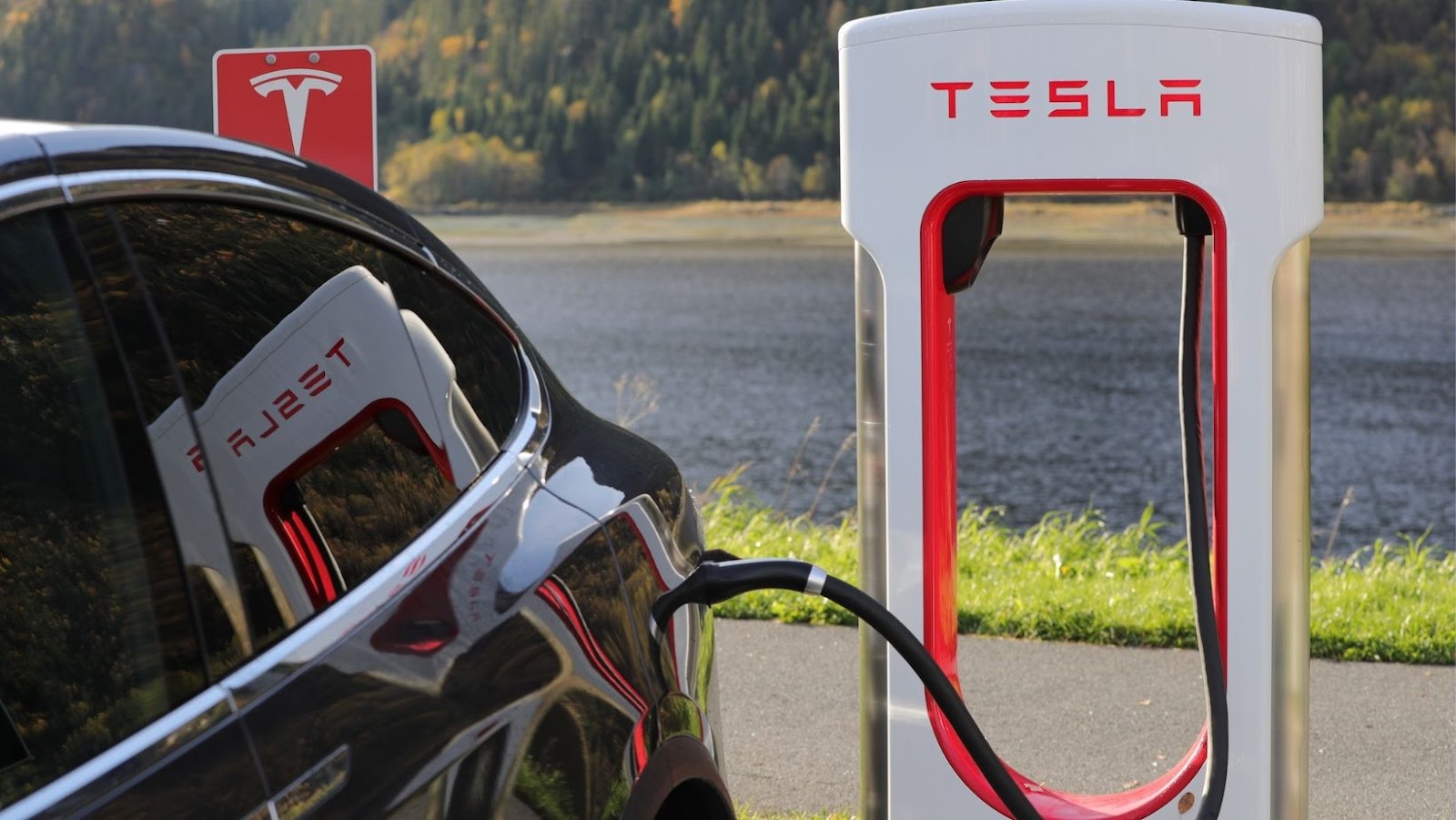
Background
Tesla has recently come under increasing pressure from the National Highway Traffic Safety Administration (NHTSA) over its Full Self-Driving Beta NDA and the company’s controversial “stealth recall” of 53,000 vehicles. This has created a huge stir in the automotive industry, with many questioning the legality of Tesla’s actions.
In this article, we’ll discuss the background of this situation and the implications it has for Tesla and the wider industry.
Tesla’s Autopilot System
Tesla is an electric car manufacturer that produces luxury vehicles and autonomous vehicle technology. In October of 2020, Tesla released a beta version of its Full Self-Driving (FSD) feature on a public beta test. The FSD Beta has been made available to select customers through a non-disclosure agreement (NDA).
In December, the National Highway Traffic Safety Administration (NHTSA) sent Tesla a letter questioning the legality of Tesla’s use of an NDA with customers to limit information about potential safety issues that FSD Beta testers encounter. The NHTSA also requested information about what it referred to as “the apparent ‘stealth recall'” to address perceived safety issues impacting thousands of Model 3 cars—in which Tesla silently updated its software without notifying affected customers.
Since 2015, Tesla has used Autopilot software to enable some cars driving autonomously, but with limited capabilities and optional driver engagement. This setup requires drivers to both keep their hands on the wheel and remain alert while Autopilot is engaged in order for it to be safe. Each update brings improvements to certain aspects such as increasing accuracy when following lane lines or increasing detection for unseen objects. With each autonomous update, drivers are able to increase their driving confidence and trust in using Autopilot features like Navigate On Autopilot and Auto Lane Change.
However, critics bring up whether full autonomy can actually be properly enforced at this time due partially to legal or ethical concerns with self-driving technology such as how Autonomous Vehicles need appropriate responses unforeseen dangers or weather conditions that could make driving difficult yet safely otherwise achievable with skilled human drivers or consistent maintenance than self-driving cannot provide at this stage.
NHTSA’s Investigation of Tesla’s Autopilot System
The National Highway Traffic Safety Administration (NHTSA) has opened an investigation into Tesla’s Autopilot system. This came after concerns were raised about the way Tesla distributes its full self-driving software to customers on a public beta basis. Additionally, NHTSA is also investigating whether or not Tesla engaged in a ‘stealth recall’ of the vehicles equipped with Autopilot by pushing out software updates that changed the behavior of their driving assistance system.
Tesla issued a statement in response to the news: “We are cooperating with NHTSA and have provided significant information in response to their requests. We will continue to do so.”
The dispute centers around whether shifting key components of a vehicle’s safety features, such as Autopilot functions, should be performed as part of an official recall process or via private software updates—without subjecting customers to any liability stemming from their own unconventional use of the feature. This decision rests squarely on NHTSA—the agency that sets the enforcement standards for car companies and policing systems like Autopilot.
As this investigation unfolds, both industry experts and enthusiasts are eagerly awaiting what is sure to be an important decision from NHTSA as it shapes the future of not only autonomous cars but consumer product safety regulations for years to come.
Tesla’s Full Self-Driving Beta NDA
Tesla is under increasing pressure from the National Highway Traffic Safety Administration (NHTSA) over the non-disclosure agreement related to its Full Self-Driving Beta program, as well as its decision to conduct what appears to be a “stealth recall” on certain vehicles with faulty adaptive cruise control hardware.
This article will discuss the implications of the NHTSA’s actions on Tesla and the potential repercussions of its actions.
Overview of the NDA
In late July 2020, the National Highway Traffic Safety Administration (NHTSA) sent a letter to Tesla requesting more information related to the automaker’s Full Self-Driving beta test. NHTSA also raised questions about a recently revealed “stealth recall” involving Tesla vehicles with Autopilot hardware.
Tesla responded to NHTSA’s request by providing details on its Full Self-Driving beta test, including an overview of the Non-Disclosure Agreement (NDA) each driver must sign before participating in the testing. According to Tesla, each driver agrees not to disclose confidential information regarding the program and their experience with it. Additionally, drivers are required to agree not to use their vehicle for business purposes or for hire; and agree not to operate or allow anyone else to operate their vehicle in a public place or area unless a way is provided exclusively for autonomous vehicles. Drivers must also understand that they are responsible for any damage claims related to participation in the testing program – meaning any accident or collision involving the vehicle which was caused by improper operation is solely the responsibility of its operator.
Finally, drivers only hold Tesla harmless from all claims, demands and proceedings if an accident or collision occurs while their vehicle is being operated under this testing agreement. This agreement will continue until terminated by either party with five days written notice given via mail or email at least one day prior to its expiration date.[1] It should be noted that participation in this program does not grant anyone authority over Teslas vehicles other than its drive modes and it may still be necessary for drivers of autonomous vehicles operated through this agreement’s testing terms and conditions to hold a valid driving license [2].
Criticism of the NDA
In recent weeks, Tesla has come under increased pressure from the National Highway Traffic Safety Administration (NHTSA) over its policies relating to its Full Self-Driving Beta program and a potential “stealth recall” of its Model S and X vehicles.
The NHTSA has taken exception to Tesla’s requirement that drivers who participate in the Full Self-Driving Beta program must sign a non-disclosure agreement (NDA). According to NHTSA, Tesla drivers should not be required to waive their right to report safety-related defects or incidents linked to the use of the vehicles for research purposes.
Further, NHTSA raised questions about whether Tesla’s approach could prevent consumers from reporting dangerous situations and impede America’s recall system by preventing owners from discussing faults with regulators and other users. Adding fuel to this fire was a class action lawsuit filed in California claiming that Tesla violated consumer protection laws with its refusal to allow customers who had purchased its Enhanced Autopilot package the ability to participate in the Full Self-Driving Beta program.
To address these concerns, Tesla has revised certain aspects of its beta program including allowing customers with Enhanced Autopilot packages access and loosening restrictions on customers’ ability to talk publicly about their experiences; however it still requires drivers participating in the program sign an NDA prohibiting direct communication between testers and describing specific features being tested. This approach has raised questions among industry experts and safety advocates who question whether this is enough – some argue that eliminating NDAs altogether would ensure that safety issues are reported quickly and accurately without fear of retribution or censorship.
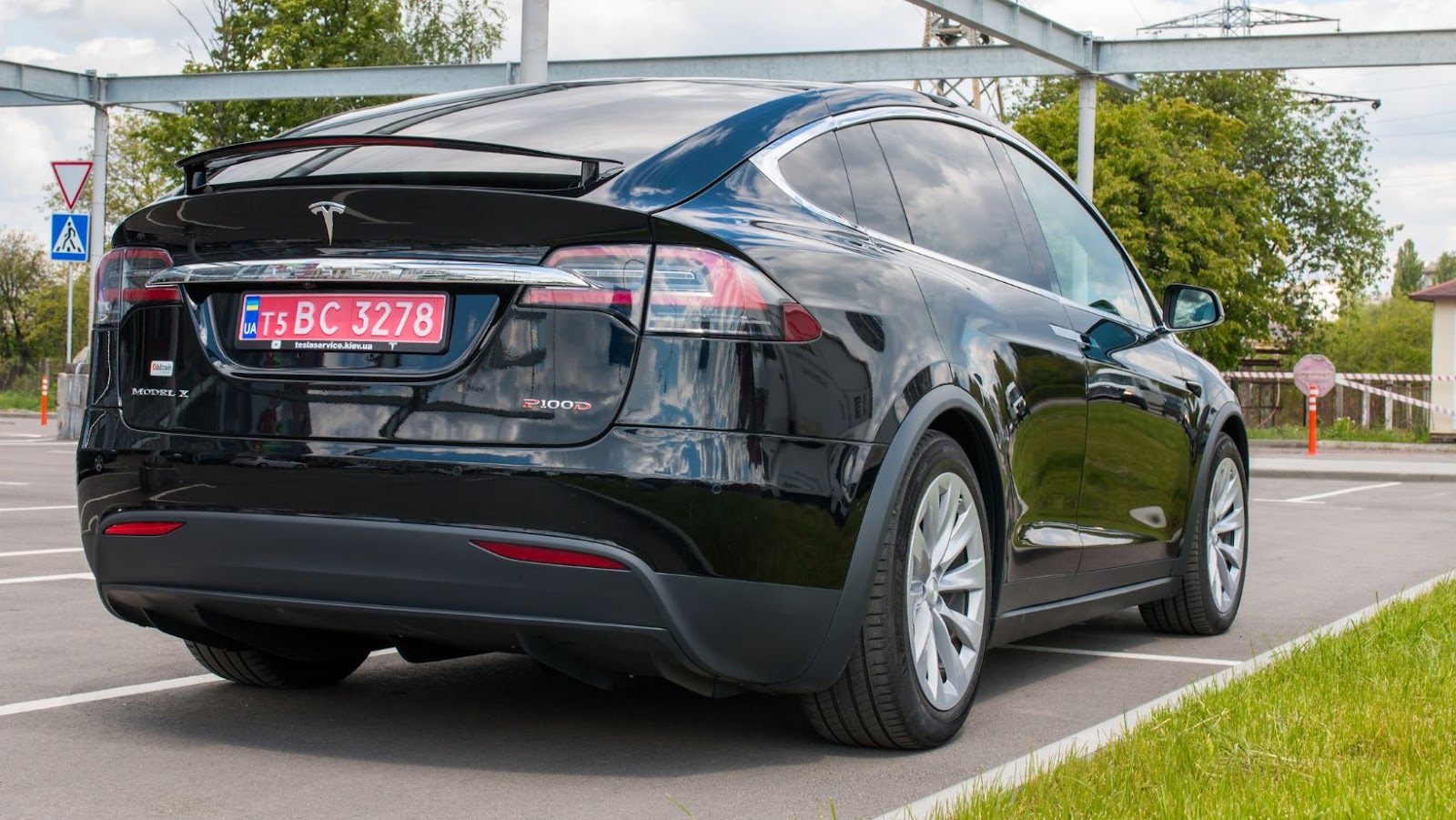
Tesla is under pressure from NHTSA over Full Self-Driving Beta NDA and ‘stealth recall’
The National Highway Traffic Safety Administration (NHTSA) has recently put Tesla under pressure with the Full Self-Driving Beta NDA and a potential’ stealth recall’.
NHTSA has reportedly issued a notice to Tesla to cease granting access to a beta version of its Full Self-Driving (FSD) features and has also opened an investigation into Tesla’s possible involvement in a potential ‘stealth recall’.
In this article, let’s go over the details of this recent development and see how Tesla is responding to the NHTSA’s pressure.
NHTSA’s Request for Information on the NDA
The National Highway Traffic Safety Administration (NHTSA) recently issued Tesla a Request for Information pertaining to their Full Self-Driving Beta NDA and ‘stealth recall.’
In the letter, the NHTSA requested information on specific incidents related to Tesla’s beta testing program, as well as data on other changes or modifications that have been made to its vehicles since June 2020. The agency noted that it has received complaints from owners who have felt pressured into signing the NDA. It also questioned whether or not Tesla has taken proper steps to ensure customers are aware of all of the safety risks associated with driving an Autopilot-enabled vehicle with Full Self-Driving capabilities.
The NHTSA also expressed concern about a “stealth recall” involving potential degradation of certain batteries in some models as reported by Consumer Reports. The agency is requesting details about how this issue is being addressed, including how many vehicles may be affected and what corrective actions are being taken by Tesla. In addition, NHTSA asked Tesla to provide information regarding any other modifications to its fleet that may have occurred since June 2020 which could affect performance or reliability.
Tesla must respond to the request within 20 days, with information related to Autopilot features expected by November 1st and details related to battery degradation by December 1st. The action marks another step in an ongoing investigation into potential safety issues with Tesla’s Autopilot system and heightens the pressure on the company from federal regulators who appear unconvinced that its methods for releasing this new technology are accurate and safe for public use.
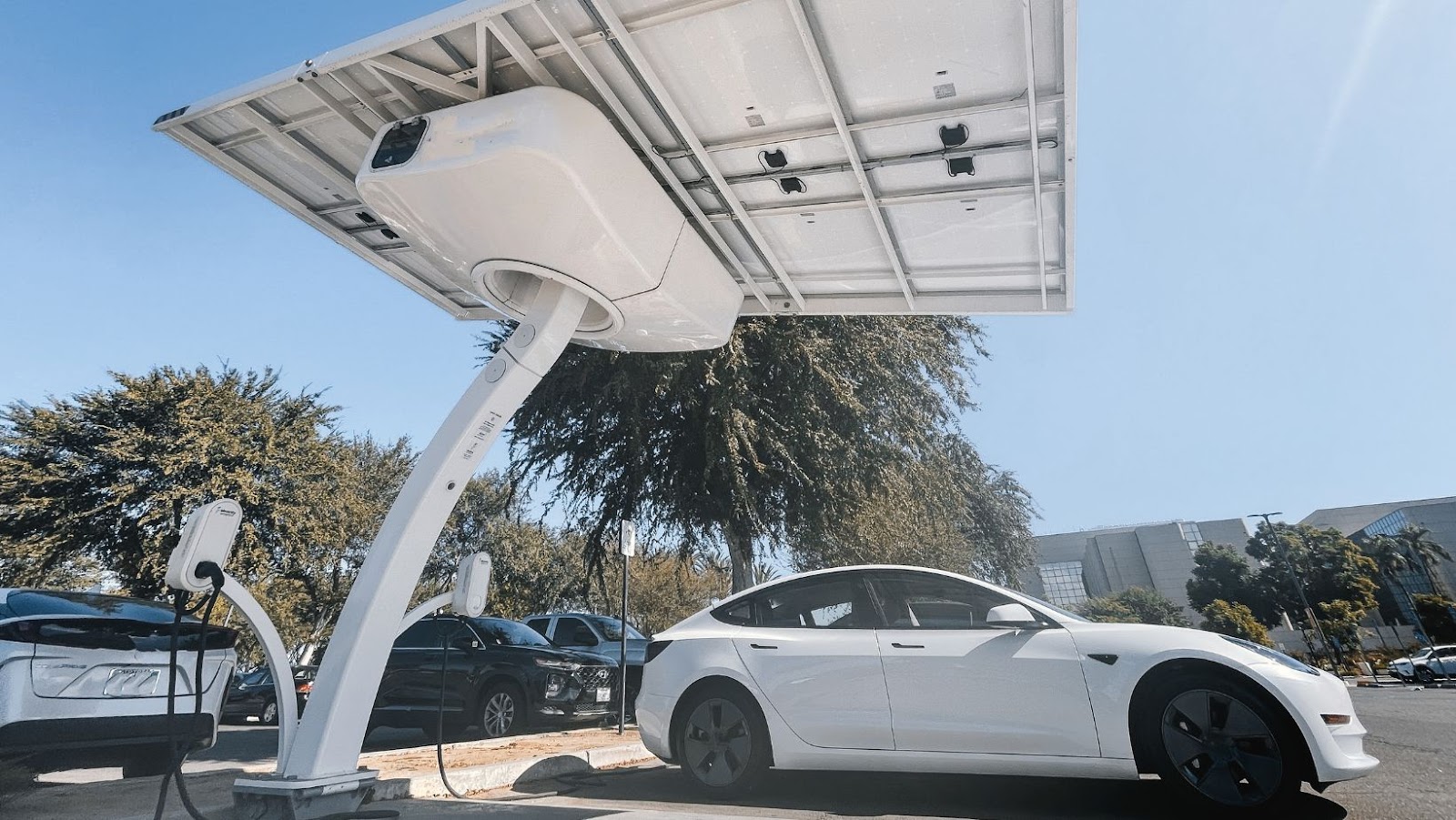
NHTSA’s Request for Information on the ‘Stealth Recall’
The National Highway Traffic Safety Administration (NHTSA) has requested information from Tesla about a possible “stealth recall” involving the electric car maker’s Autopilot autonomous vehicle technology.
The agency is growing increasingly concerned about the safety of drivers and passengers in Tesla vehicles, particularly given reports that Tesla has been performing software updates to fix a known issue with Autopilot without alerting drivers. The software update reportedly modified the Autopilot system’s tracking of speed limits and lane markings, allowing it to stay in its lane longer—a potentially useful improvement, but one that could also present new dangers.
The NHTSA issued an official notice notifying Tesla that it must provide full details on the changes made to its Autopilot system by October 26th or face potential enforcement action. In its request for information, the NHTSA noted that while over-the-air updates of this type were “an accepted part of modern automotive technology,” they “must be conducted safely and any recalls should be conducted according to NHTSA’s safety rules.”
Tesla has also come under fire for its Full Self-Driving Beta Non-Disclosure Agreement (NDA). Consumer advocacy groups have argued that this agreement could allow Tesla to hide serious flaws or design problems from regulators and thus potentially put their customers in danger.
Ultimately, regulators have made clear that they take seriously any allegations of unsafe practices concerning autonomous driving technology. It remains to be seen what actions Tesla will ultimately take in response to the latest inquiry from federal regulators.
Conclusion
The National Highway Traffic Safety Administration is pressing Tesla to take further action with regards to the full self-driving beta (FSDB) non-disclosure agreement. This includes reviewing the NDA in light of consumer rights, stressing the importance of responsible usage, and introducing a ‘stealth recall’ that would alert drivers in situations which could be potentially dangerous.
The NHTSA has recently expressed concern about the adequacy of safety protocols associated with autonomous vehicles, including those taken by Tesla. NHTSA’s enforcement division is currently engaging with Tesla to provide clarity on the issues and identify solutions that may be necessary to ensure public safety.
Until then, drivers should continue to exercise caution while using automated driving systems in order to minimize any risk or danger.
tags = Tesla, NHTSA, Full Self-Driving Beta, NDA, stealth recall, open nhtsa tesla fsd tesla otakorosectechcrunch, Autopilot,

